Manu Katché - Neighbourhood (2014) Hi-Res
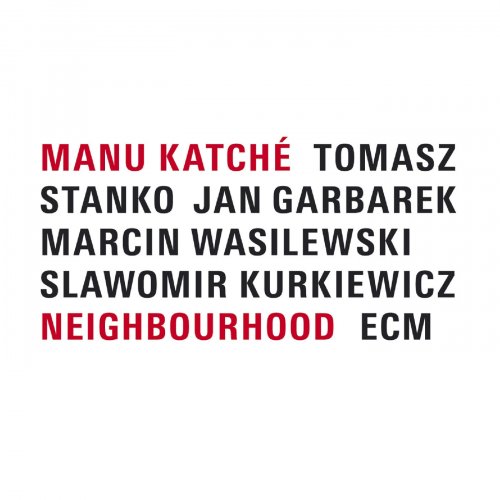
Artist: Manu Katché
Title: Neighbourhood
Year Of Release: 2005 (2014)
Label: ECM
Genre: Jazz
Quality: FLAC 24bit-96kHz / FLAC (tracks) / Mp3 320 kbps
Total Time: 54:52
Total Size: 1.1 Gb / 310 Mb / 140 Mb
WebSite: Album Preview
Tracklist: Title: Neighbourhood
Year Of Release: 2005 (2014)
Label: ECM
Genre: Jazz
Quality: FLAC 24bit-96kHz / FLAC (tracks) / Mp3 320 kbps
Total Time: 54:52
Total Size: 1.1 Gb / 310 Mb / 140 Mb
WebSite: Album Preview
01. November 99
02. Number One
03. Lullaby
04. Good Influence
05. February Sun
06. No Rush
07. Lovely Walk
08. Take Off And Land
09. Miles Away
10. Rose
Personnel:
Manu Katché, Drums
Tomasz Stanko, Trumpet
Jan Garbarek, Tenor Saxophone
Marcin Wasilewski, Piano
Slawomir Kurkiewicz, Double-Bass
He may be better known as the rhythm engine behind popular music icons like Sting and Peter Gabriel, but Manu Katché has always been more than a simple backbeat, despite his unerring ability to create accessible, danceable grooves. His work on ECM stalwart Jan Garbarek's albums I Took Up the Ruins and In Praise of Dreams (ECM, 1990 and 2005) does nothing to dissuade jazz purists' view that the saxophonist left "real" jazz behind over two decades ago. Still, Katché is a true rarity—a chameleon-like drummer who can mold himself to any context, yet remain completely identifiable in his choices of rhythmic emphasis and punctuation.
Katché's roots in pop and world music mean that when he approaches jazz, it's bound to come from a place of defined pulse and clear structure. And that's exactly what he does with Neighbourhood, his second album as a leader and his first for ECM. Free music it's not. But while the album occupies a contemporary space that's grounded in groove, it's hardly what anyone could call smooth. His quintet features Garbarek in a rare guest appearance, along with trumpeter Tomasz Stanko and two members of Stanko's quartet—pianist Marcin Wasilewski and bassist Slawomir Kurkiewicz. There's simply too much imagination, interaction and elegance in this music for it to be pigeonholed in a genre typified by programmed beats and inattention to interpretive interplay.
The overall ambience of Neighbourhood is soft and gentle—this is a late night album, if ever there was one. In many ways the disc recalls trumpeter Mark Isham's sadly overlooked Blue Sun (Columbia, 1995), although Katché has the advantage of considerably more astute bandmates. Stanko, always a lyrical player—albeit with a certain tinge of melancholy—takes the simple two-chord vamp of "No Rush" and turns it into a thing of evolving beauty, with attention to the purity of each note and the relevance of each phrase paramount.
Purity of tone has been a major concern of Garbarek's since he first emerged as a post-Ayler wailer in the early '70s. Since then his approach has become increasingly spare, and he's often been accused of deserting his roots. But he's never really lost touch with those roots, only refined them and chosen a path where, like Stanko, every note counts. His interplay with Wasilewski on the pedal tone vamp of "Number One" may be so subtle as to be almost invisible; but it's there nevertheless. Wasilewski's economical and abstract approach continues to impress, but on the delicate funk of "November 99," where Kurkiewicz carries the tune's singsong theme, his Herbie Hancock roots are in full view.
Katché's playing may be pattern-based, but that doesn't mean it's stiff or formulaic—it swings naturally in its own quiet way. Equally, his writing may be simple, but is gracefully compelling. Sometimes a simple approach works best, and despite its harmonic innocence, the perspicacity of Katché's bandmates can transform that very simplicity into music that is both evocative and revealing of greater depth with every listen.
Katché's roots in pop and world music mean that when he approaches jazz, it's bound to come from a place of defined pulse and clear structure. And that's exactly what he does with Neighbourhood, his second album as a leader and his first for ECM. Free music it's not. But while the album occupies a contemporary space that's grounded in groove, it's hardly what anyone could call smooth. His quintet features Garbarek in a rare guest appearance, along with trumpeter Tomasz Stanko and two members of Stanko's quartet—pianist Marcin Wasilewski and bassist Slawomir Kurkiewicz. There's simply too much imagination, interaction and elegance in this music for it to be pigeonholed in a genre typified by programmed beats and inattention to interpretive interplay.
The overall ambience of Neighbourhood is soft and gentle—this is a late night album, if ever there was one. In many ways the disc recalls trumpeter Mark Isham's sadly overlooked Blue Sun (Columbia, 1995), although Katché has the advantage of considerably more astute bandmates. Stanko, always a lyrical player—albeit with a certain tinge of melancholy—takes the simple two-chord vamp of "No Rush" and turns it into a thing of evolving beauty, with attention to the purity of each note and the relevance of each phrase paramount.
Purity of tone has been a major concern of Garbarek's since he first emerged as a post-Ayler wailer in the early '70s. Since then his approach has become increasingly spare, and he's often been accused of deserting his roots. But he's never really lost touch with those roots, only refined them and chosen a path where, like Stanko, every note counts. His interplay with Wasilewski on the pedal tone vamp of "Number One" may be so subtle as to be almost invisible; but it's there nevertheless. Wasilewski's economical and abstract approach continues to impress, but on the delicate funk of "November 99," where Kurkiewicz carries the tune's singsong theme, his Herbie Hancock roots are in full view.
Katché's playing may be pattern-based, but that doesn't mean it's stiff or formulaic—it swings naturally in its own quiet way. Equally, his writing may be simple, but is gracefully compelling. Sometimes a simple approach works best, and despite its harmonic innocence, the perspicacity of Katché's bandmates can transform that very simplicity into music that is both evocative and revealing of greater depth with every listen.
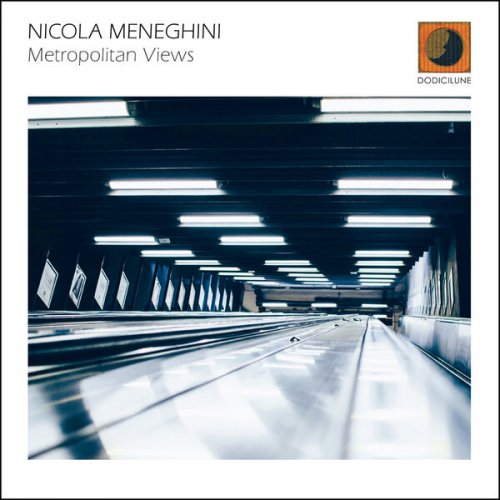
![Ex Novo Ensemble - OSVALDO COLUCCINO: Emblema (2018) [Hi-Res] Ex Novo Ensemble - OSVALDO COLUCCINO: Emblema (2018) [Hi-Res]](https://img.israbox.com/img/2026-02/22/ot6pocjri3hisq06iz4768yl5.jpg)
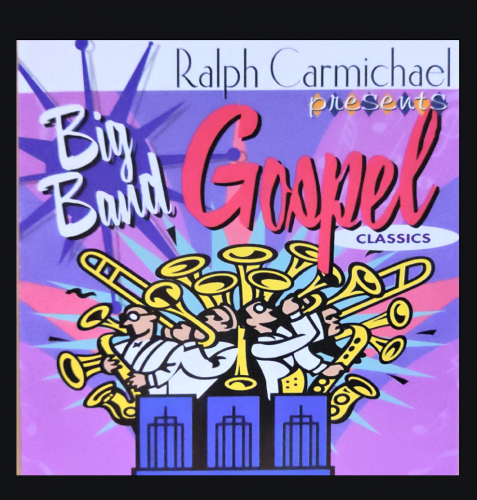
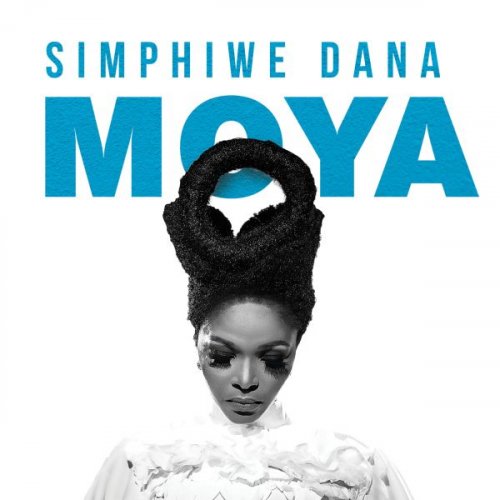
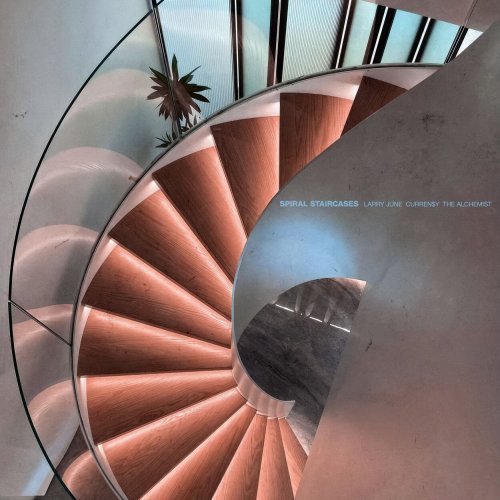
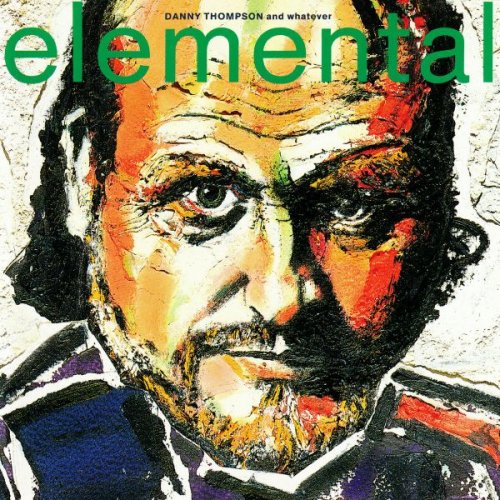
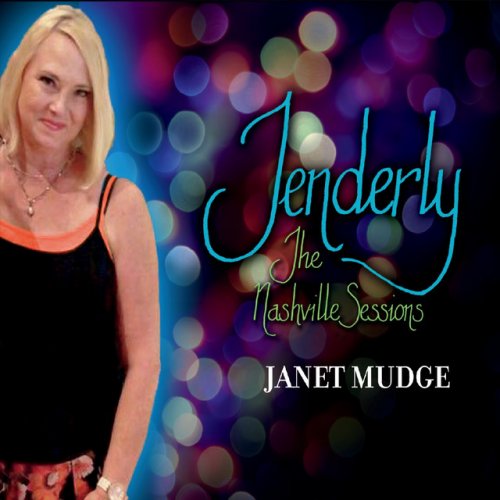
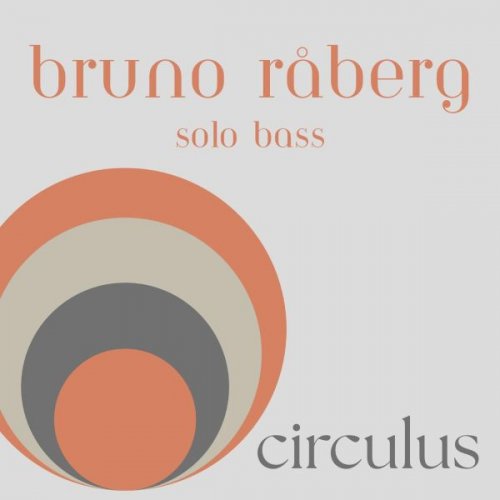
![Ex Novo Ensemble - Claudio Ambrosini: Chamber Music (2020) [Hi-Res] Ex Novo Ensemble - Claudio Ambrosini: Chamber Music (2020) [Hi-Res]](https://img.israbox.com/img/2026-02/22/z541qb9ul4q390uxlw1d9iak3.jpg)